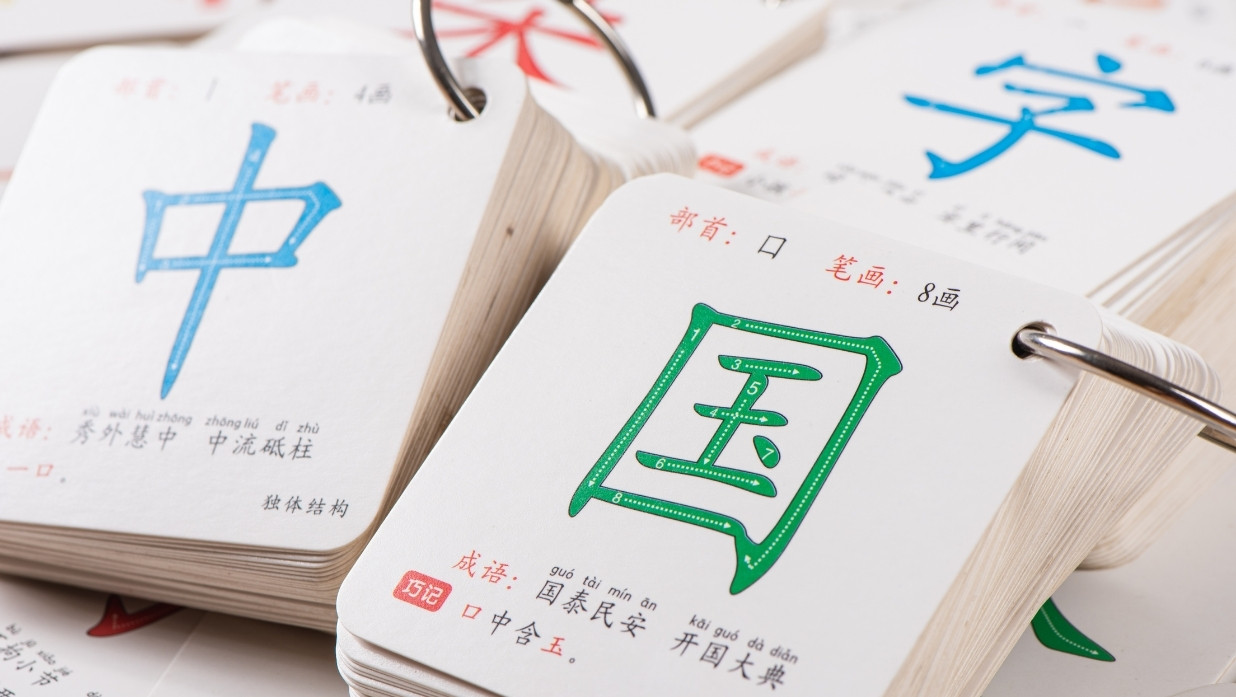Practice Japanese Daily: Polyglot’s Tips and Ways to Start
In this Guest Post – Teresa Tak, Japanese Language learner will give us some tips on how to practice Japanese everyday.
In this Guest Post – Teresa Tak, Japanese Language learner will give us some tips on how to practice Japanese everyday.
Did you know that Emoji actually comes from Japanese? In Kanji, it is written as 絵(E)文(Mo)字(Ji), which literally can be translated into “Drawn Language Character”. For this reason, there is a heavy Japanese influence deciding over what Emoji would have been created. Kanji is a big part of the Japanese Language and this pictographic language […]

In Japan, the 花火大会(Hanabi Taikai) or fireworks festival is a symbolic event of summer life in the country. Wildly popular, the festive and romantic atmosphere of Hanabi attracts up to a million of visitors per show in urban areas like Tokyo. People would even visit the place a few hours beforehand to ensure seats for their […]
If you are interested in learning Japanese but not sure how to work in Japan, the following information may be useful for you. Due to the aging population and low birth rate in Japan, the government has relaxed the requirements for its immigration policy to cover for the labour shortage. Many foreigners have started learning […]
There are several benefits of studying Japanese in a small group setting. Learn about what makes our Japanese lessons different in this blog.
What is “気” – Ki “気(ki)” literally means “gas” of “air”. In Japanese culture, it is believed that “気” is a form of energy that flows in every living beings’ body. It is the source of life and is 1 of the 3 elements which make up our body (the concept of 気血水).This concept is […]

What is Wakamono Kotoba? (Japanese Slang used by Young People) Is there such a thing as Japanese slang? In Japanese, the phrase for words and expressions that young people use is known as 若者言葉(Wakamono kotoba). It literally means “words of the young people”. The concept is like a form of Japanese slang but differs in […]
Imagine you’re at a dinner party in Japan, and someone asks if you can use chopsticks. You want to say, “Yes, I can!” — but how do you say that in Japanese? Or maybe your coworker invites you to sing karaoke, but singing really isn’t your thing — how do you politely say you can’t […]
